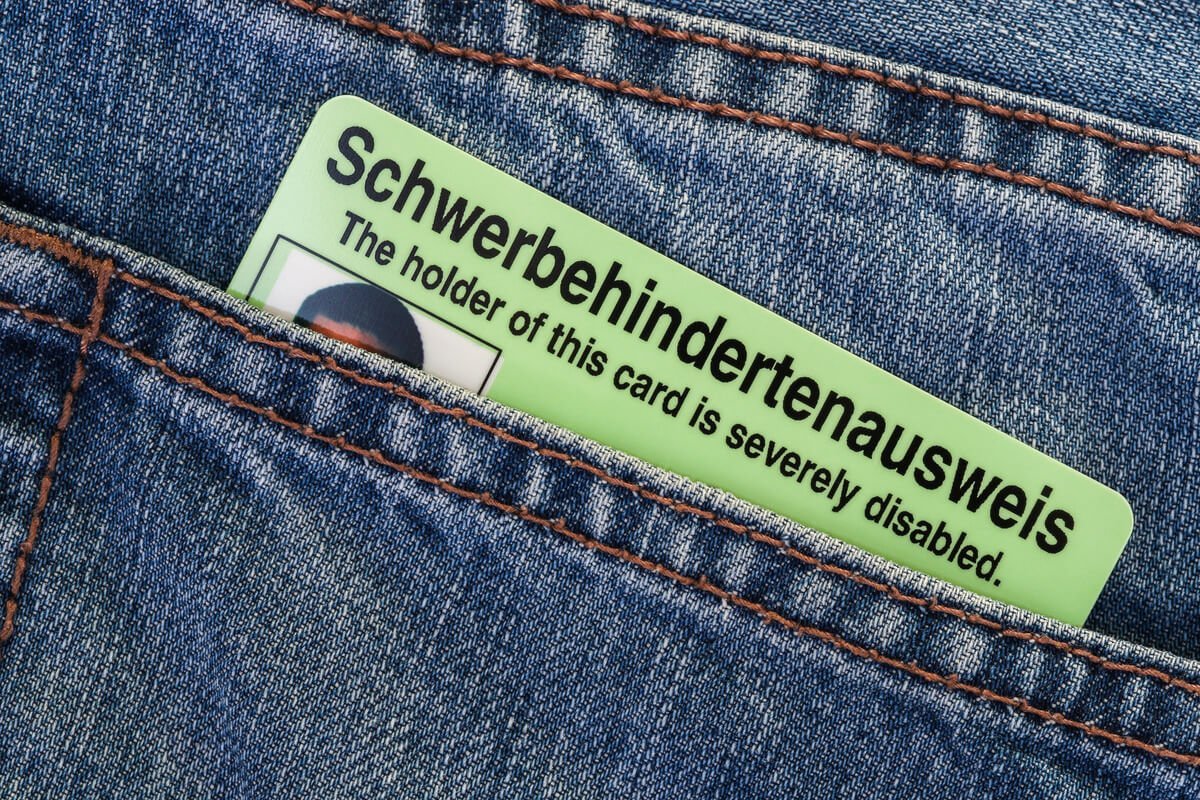

The Family Start Time Act stipulates that partners should be given paid leave during the family start time for a period of two weeks after the birth of the child. This is to make it easier for families to reconcile work and family life. The law is designed to be quite flexible. For example, single women can choose who they want as their partner. This could be a good friend or another trusted person. There is also no minimum period of employment or registration period. The Family Start Time Act is expected to be passed as early as 2022. So far, this has not happened, but that should change soon.
Do you need help with German labor law?
Get a free initial consultation now – with an expert on German labor law!
The most important information at a glance:
- The Family Start Time Act has not yet been passed.
- Above all, the law stipulates that partners must be released by their employers two weeks after the birth. They should receive their full salary during this time.
- The Family Start Time Act is designed to be fairly flexible. For example, partners can choose a single mother themselves. Furthermore, there is no minimum period of employment or registration period.
- The employer can request proof of the birth.
Content
What is the Family Start Time Act?
Until now, the only option for the second parent was to take parental leave after the birth of the child. However, this is an unpaid leave of absence. Financial support from the state during this time is provided by the parental allowance, which, however, is usually only 65% of net income and is capped at €1,800 per month. The Family Start Time Act is now set to change this. Specifically, the Family Start Time Act provides for the following: After the birth, the partner is to be released from work by the employer for a period of two weeks and with full pay. This is already common practice in other countries. For example, while in Finland you get nine weeks of ‘paternity leave’, in Portugal it is three weeks and in Spain it is four weeks.
Family start time: What regulations are planned?
As already mentioned, the Family Start Time Act stipulates that the partner should be released from work by the employer for up to ten working days after the birth of the child. The full salary should be paid during this time. The amount of the partner’s salary is based on the average income in the last three calendar months before the child’s birth. However, the costs for this should not be borne by the employer. As with maternity pay, the whole thing is to be financed by a pay-as-you-go system. This ultimately means that the costs will be reimbursed to the employer by the health insurance funds.
Furthermore, no minimum period of employment is planned. So it makes no difference whether you have only been employed by the employer for three months or for three years. In principle, everyone is entitled to partner leave. There is no registration period as there is for parental leave. Rather, the partner’s leave can be claimed at any time after the birth. The start of the family start time should be the first day of the birth or the following working day. However, please note that the leave under the Family Start Time Act is to be counted towards the parental leave, as is already the case with the maternity leave.
Who is considered a partner under the Family Start-Up Act?
The following persons are considered partners for the family start-up period:
- The other parent who lives in the same household as the woman who gave birth to the child. This is usually the biological father who lives with the mother.
- The person with whom the woman giving birth lives in a partnership and also in the same household. This could be, for example, the non-marital father or the mother’s spouse, who live in a shared household.
- If the other parent does not live in the same household, the woman can name a person of her choice. This could be, for example, a close friend who can be chosen during pregnancy or after the child is born. This regulation also allows single mothers to use the time to start their family.
While employers have no right to request the date of delivery, proof of delivery can be required. Doctors, midwives and obstetricians can issue a certificate of delivery. This must include the name of the woman who has given birth, the name of the partner and the date of delivery. The certificate may only be issued for one person.
When will the Family Start Time Act come?
The Family Start Time Act is actually long overdue. The European directive ‘on work-life balance for parents and carers’ came into force as early as 2019. The aim is to better reconcile work and family life. Germany should have transposed this directive into national law by 2022. However, this has not yet happened, which is why the EU has initiated infringement proceedings against Germany. Although there is a draft law, it has been stuck since March 2023 because the FDP is opposed to it due to concerns about financing. However, the plan is for the Family Start Time Act to come into force in 2024.
Support from companies
Even though the Family Start Time Act has not yet been passed, companies are already trying to offer attractive conditions for their employees during the family start time. SAP wanted to grant six weeks of paternity leave with full pay for the year 2024. With reference to the Family Start Time Act, which got stuck in the departmental coordination, they then changed their minds. In contrast, Henkel introduced an eight-week worldwide parental leave with full pay in 2024. The Funke Mediengruppe also introduced a two-week paid ‘parental leave’ in 2024.

How much severance pay are you entitled to? Calculate now!
- Calculate your individual severance pay for free
- Calculation of the standard payment up to a very high settlement
- Get a strategy to maximise your severance pay




